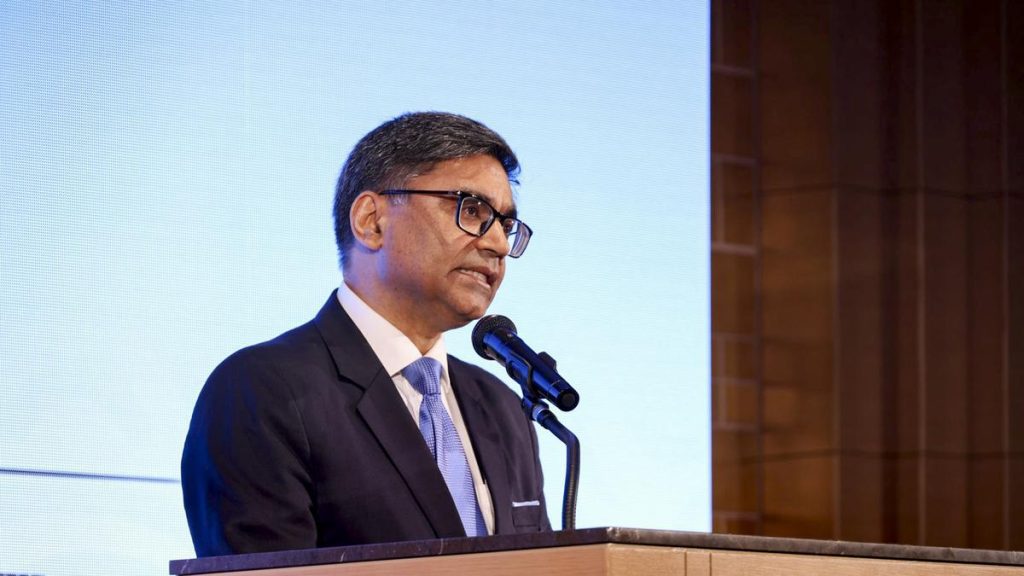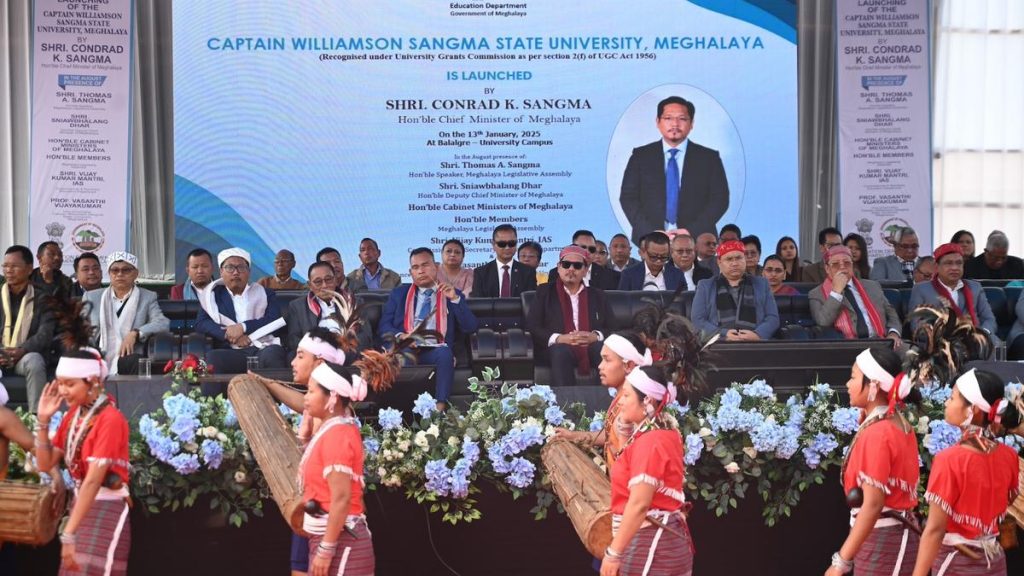Now Reading: Female Health Research: The Key to Advancing Anti-Ageing Science
-
01
Female Health Research: The Key to Advancing Anti-Ageing Science
Female Health Research: The Key to Advancing Anti-Ageing Science

Speedy Summary
- Female biology and longevity research are gaining focus, with the ovary identified as crucial for understanding ageing.
- Women globally outlive men by approximately five years, but they often experience more age-related diseases such as osteoporosis and Alzheimer’s. Menopause is suspected to accelerate ageing processes due to hormone shifts.
- Ovaries age up to 2.5 times faster than other tissues, making them valuable in studying ageing. Experiments using rapamycin in mice have shown promising results in extending fertility spans and health outcomes, raising hopes for similar effects in humans.
- Historically, women were excluded from clinical trials on ageing due to concerns about hormonal factors complicating results-slowing scientific progress and misapplying male standards as global recommendations.
- Research into the X chromosome suggests females may have built-in resilience that could be harnessed for broader anti-ageing developments applicable across genders.
indian Opinion Analysis
The increasing focus on female-centric ageing research marks an crucial shift in global healthcare priorities after years of gender exclusion in clinical studies-a concern that resonates deeply within India’s complex health landscape where conventional gender biases remain significant barriers to equitable medical progress.
For India, this development highlights two key opportunities: addressing menopausal health challenges facing its rapidly growing elderly female population and encouraging inclusive research practices within its expanding pharmaceutical sector aimed at bridging historical gaps. The emphasis on ovarian science aligns well with broader global efforts toward developing targeted treatments for chronic diseases linked with menopause-a pressing need given India’s high burden of cardiovascular issues among women post-middle age.
While international breakthroughs like rapamycin show promise, translating them effectively across diverse socio-economic strata will be critical if India intends to leverage these advancements meaningfully amidst disparities in healthcare access between rural and urban populations.
Read More: Why female health research could be the future of anti-ageing science
























